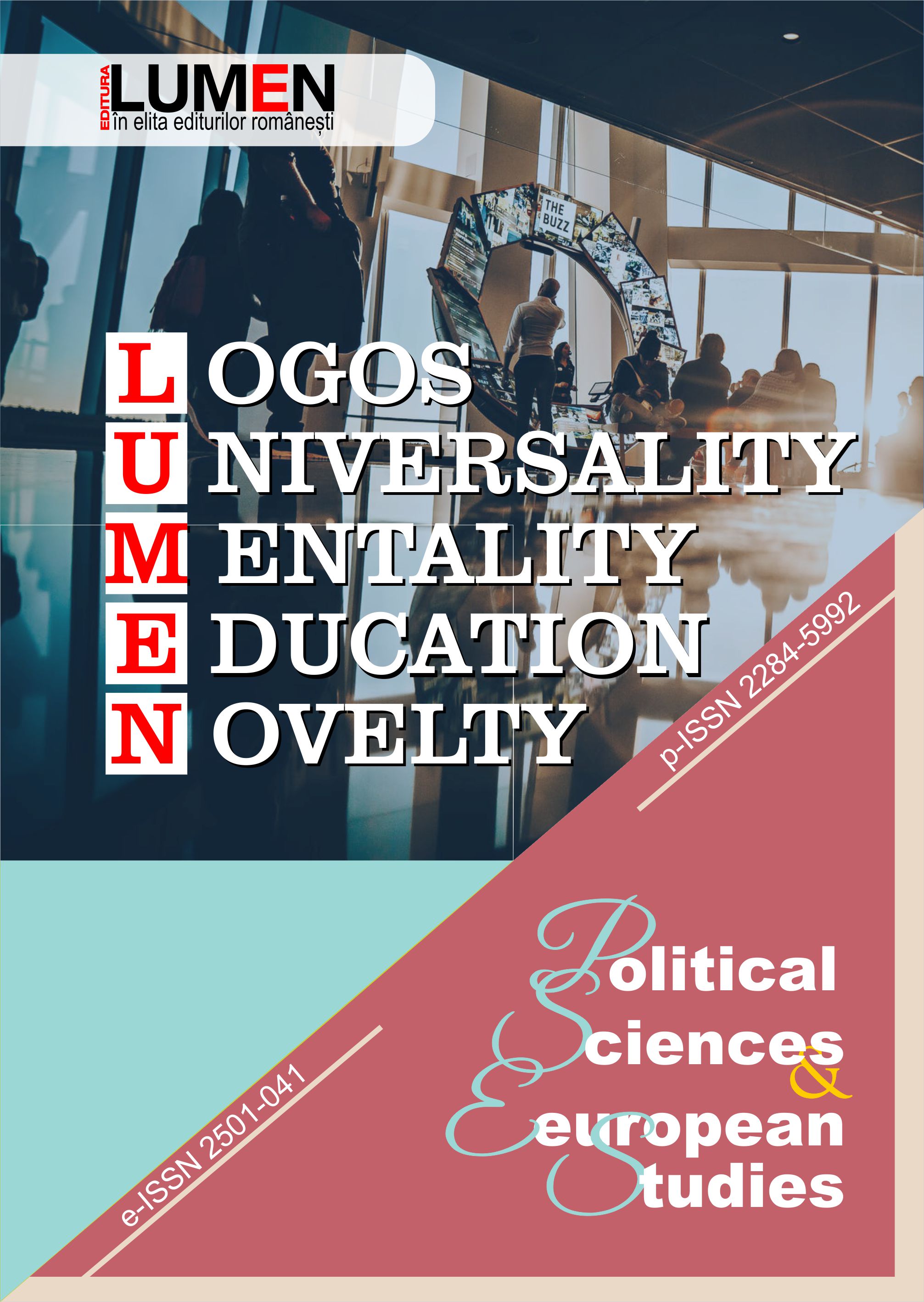Presidential Elections in Post-December Romania - Bivalent Influences on Democratization
Presidential Elections in Post-December Romania - Bivalent Influences on Democratization
Author(s): Roxana MosorSubject(s): Electoral systems
Published by: Editura Lumen, Asociatia Lumen
Keywords: presidential elections; democratization; democratic consolidation; institutional building; civic culture;
Summary/Abstract: In the light of the realities of the 21st century, it is becoming increasingly obvious that the road to democratic consolidation is a two-way street. Free, fair, competitive elections are, of course, the minimum condition for democratization for young democracies. Elections can, to a large extent, influence the way of democratic consolidation and intrinsic characteristics. Highlighting a relationship between presidential elections and democratization requires an analysis beyond the procedures and the structural opportunities that the electoral context confers. If, in the case of Romania, the transition game is considered to be concluded with the abolition of the totalitarian regime and the organization of the first free elections, the game of democratic consolidation continues. Each round of elections raises or lowers the stake of the upcoming competition. In this succession of elections, the post-December history holds a few moments as a landmark of democratization. If we overlap them with times of alternation in governance, the discussion of democratic consolidation is suddenly simplified, applying the double alternation rule. If, however, we interpret the key to the civic "pulse", we will overlap these moments rather over the presidential ballots. A first argument in this respect is the still high vote to elect the president, only competed with the vote for mayors and local councillors. But does the presidential election more than other types of elections in post-December Romania influence the course of democratization and how? Does it impede or, on the contrary, boost democratic consolidation? The answer can provide insight into the construction and institutional solidity of democracy in Romania over the last three decades. The focal point of the analysis will be the dynamics of the relations between the main actors of the electoral arena: representatives of the power, opposition and voters.
Journal: LOGOS, UNIVERSALITY, MENTALITY, EDUCATION, NOVELTY. Section: Political Sciences and European Studies
- Issue Year: 5/2019
- Issue No: 1
- Page Range: 1-25
- Page Count: 25
- Language: English

